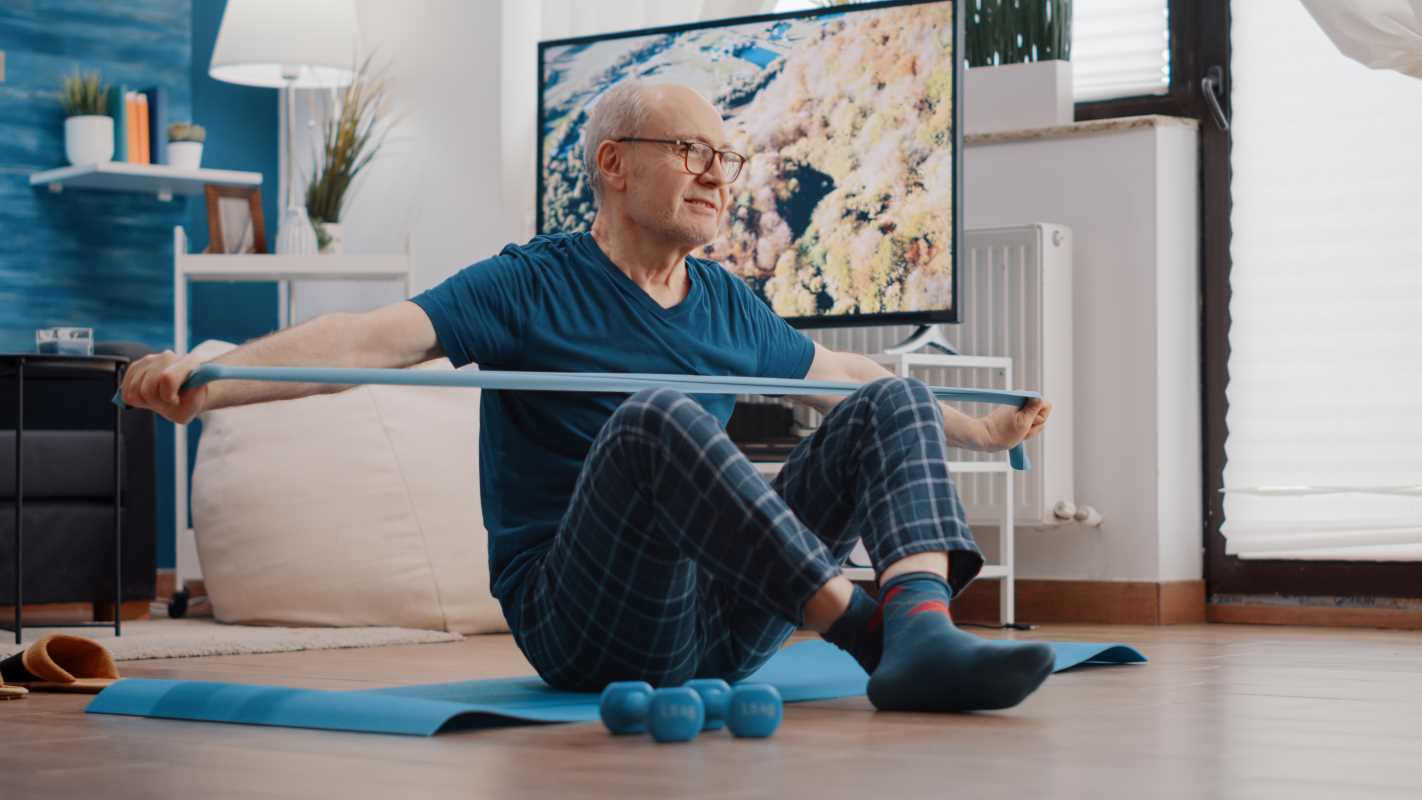Anemia can leave you feeling tired, weak, and drained of energy, making daily life hard to tackle. The condition often stems from a lack of nutrients like iron, vitamin B12, or folate, all of which play an important role in producing healthy red blood cells. Without enough red blood cells delivering oxygen to your tissues, energy levels can nosedive. Fortunately, the right diet can make a world of difference. Specific nutritional strategies help boost red blood cell production, improve oxygen circulation, and restore energy. It's time to dive into the details of what to eat, how it helps, and why these choices can help manage anemia and reclaim your vitality.
Nutrition Matters for Energy and Anemia
Your body needs iron, vitamins, and minerals to produce hemoglobin, the protein in red blood cells responsible for carrying oxygen. Without enough hemoglobin, your tissues struggle to get the oxygen they need, leading to classic anemia symptoms like fatigue and dizziness.
The goal of a nutrient-rich diet is to address these deficiencies and support your body’s ability to generate healthy red blood cells. By focusing on foods that boost iron levels, enhance absorption, and provide key nutrients like vitamin C, B12, and folate, anemia patients can improve their energy levels and overall well-being.
1. Increase Iron-Rich Foods
Iron is the most important nutrient for combating anemia. It’s a key component of hemoglobin, which makes it essential for oxygen delivery throughout your body.
- Focus on heme iron sources, found in animal-based foods like lean red meat, chicken, turkey, and fish. These are easily absorbed by your body.
- Non-heme iron sources like spinach, lentils, and fortified cereals are also important but may require additional help with absorption.
- Include liver as a powerhouse option if you’re open to it.
Eating these foods regularly helps replenish iron stores, significantly improving energy and reducing fatigue over time.
2. Pair Iron with Vitamin C
Vitamin C enhances the absorption of non-heme iron, making it more effective at raising your iron levels. Adding a small serving of vitamin C-rich food to iron-rich meals can help.
- Squeeze lemon juice over spinach or lentil soups.
- Pair a glass of orange juice with your fortified cereal in the morning.
- Add strawberries or bell peppers to your salads.
This method helps your body get the most benefits from plant-based iron sources, building up your hemoglobin levels.
3. Eat Foods Laden with Folate
Folate, also known as vitamin B9, is essential for producing red blood cells. Without enough folate, your body struggles to generate the cells needed to oxygenate your tissues.
- Add dark leafy greens like kale, Swiss chard, and collards to your meals.
- Incorporate beans, peas, and citrus fruits for easy folate boosts.
- Snack on an avocado or include it on your toast.
Maintaining adequate folate levels means smoother red blood cell production, which then translates to better energy.
4. Don’t Forget Vitamin B12
Vitamin B12 plays a direct role in forming healthy red blood cells. Low B12 is common in people who follow a vegetarian or vegan diet since it’s primarily found in animal products.
- Reach for eggs, dairy, or fortified plant-based milk.
- Include fish like salmon and tuna in your weekly meal plan.
- Consider fortified cereals if you’re a vegetarian.
Vitamin B12 deficiencies can lead to serious fatigue and neurological symptoms, so making sure you get enough in meals is a must for sustained energy.
5. Snack on Nuts and Seeds
Nuts and seeds provide a combination of iron, healthy fats, and protein that work together to boost energy.
- Grab a handful of almonds, cashews, or pumpkin seeds as a high-energy snack.
- Sprinkle chia or flaxseeds over your oatmeal or yogurt.
- Use tahini (made from sesame seeds) as a delicious dip or spread.
These nutrient-dense snacks deliver a steady energy supply throughout the day and address iron needs.
6. Add Fortified Foods
Staple products like bread, cereal, and pasta are often fortified with iron, folate, and vitamin B12. Incorporating these into your diet can help fill nutrient gaps.
- Look for whole-grain, fortified options to add to meals.
- Combine fortified cereal with fruit and milk for a quick nutrient-packed breakfast.
- Choose fortified plant-based milks if avoiding dairy.
Fortified foods provide a practical and easy way to increase nutrient intake without requiring a complete dietary overhaul.
7. Drink Herbal Infusions Like Nettle or Dandelion Tea
Certain herbal teas, like nettle or dandelion, are naturally rich in trace minerals, including a small amount of iron. They provide a gentle boost to your iron levels and help you stay hydrated.
- Sip nettle tea as part of your morning or afternoon routine.
- Steep fresh dandelion leaves or roots for a homemade tisane.
- Pair with a vitamin C source to maximize absorption.
These teas support energy without the jittery effects of caffeine and add an additional layer of mineral support.
8. Reduce Caffeine and Calcium with Iron-Rich Meals
Caffeine and calcium interfere with your body’s ability to absorb iron, so timing is everything.
- Avoid tea, coffee, or dairy for at least one hour before and after eating iron-rich foods or taking supplements.
- Choose herbal teas or water during meals instead of caffeinated beverages.
- Focus on separating calcium-rich meals (like yogurt with fruit) from iron-heavy meals (like steak with spinach).
Paying attention to mealtime pairings means that iron is absorbed efficiently, giving you more energy.
9. Hydrate Consistently
Dehydration can worsen fatigue, especially for people with anemia. Proper hydration helps support oxygen circulation in your body.
- Aim to drink 6–8 glasses of water daily, depending on your activity level and environment.
- Include soups, fruits, and vegetables with high water content, such as watermelon, cucumber, and celery, to boost hydration.
Staying hydrated enhances circulation and energy levels by keeping your blood volume stable.
10. Consider Iron Supplements Responsibly
Supplements can be a helpful option for anemia patients who struggle to meet their iron needs through food alone. These should always be taken under medical supervision to avoid side effects like constipation.
- Choose slow-release formulas to ease digestion.
- Pair supplements with vitamin C to improve absorption.
- Avoid taking them alongside calcium or high-fiber foods to enhance effectiveness.
Supplements are a direct way to restore iron levels, especially during periods of severe fatigue or deficiency.
 (Image via
(Image via





